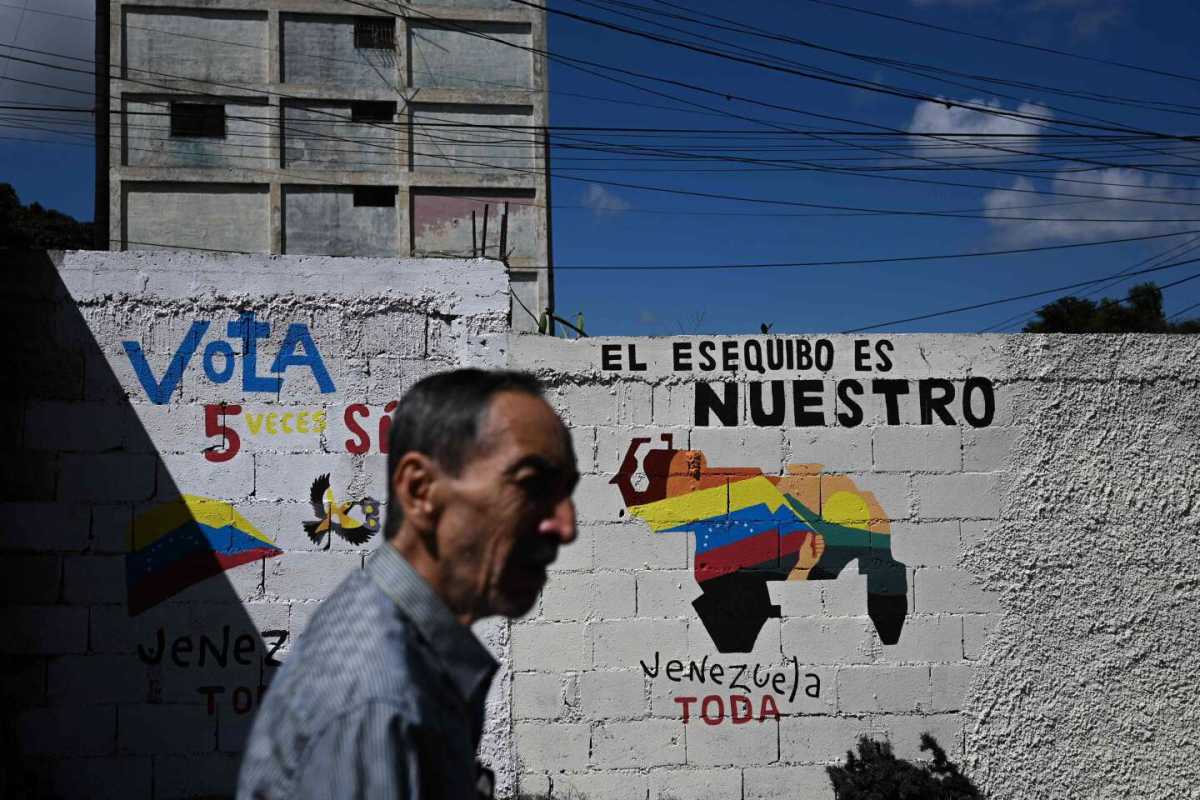World
Tensions Rise Between Venezuela and Guyana Over Disputed Oil-Rich Region

Tensions escalated on Tuesday as Venezuela proposed a bill to establish a new province called Esequiba in a disputed region, which has been under Guyana‘s administration for over a century. Additionally, Venezuelan President Nicolas Maduro ordered the state oil company to issue licenses for oil extraction in the area. This move comes after Venezuela held a non-binding referendum, where an overwhelming majority voted in favor of Caracas’ claims on Essequibo. Maduro also gave an ultimatum to oil companies operating under Guyana’s concessions, demanding their withdrawal within three months.
In response, Guyana announced their intention to seek assistance from the UN Security Council if Venezuela takes any actions following the referendum. Guyana had previously filed an urgent application with the International Court of Justice (ICJ) in The Hague, attempting to halt the referendum. Guyana’s Attorney General Anil Nandlall stated that any such action would lead to resorting to the UN Security Council as an injured party. He highlighted the potential use of Articles 41 and 42 of the UN Charter, which authorize sanctions or military intervention to maintain peace and security.
The territory in question, Essequibo, constitutes more than two-thirds of Guyana’s territory and is home to a significant portion of its population. The dispute over the region’s borders is currently pending litigation at the ICJ. Guyana asserts that the frontier was determined by an arbitration panel in 1899. However, Venezuela, which does not recognize the ICJ’s jurisdiction in this matter, claims that the Essequibo River serves as a natural border.
The tensions surrounding the dispute escalated when ExxonMobil discovered oil in the Essequibo region in 2015. This led Caracas to organize the recent referendum, as Guyana had started auctioning oil blocks in Essequibo. Although the ICJ urged Venezuela not to take any actions affecting the disputed territory, it did not grant Guyana’s request for immediate intervention. Instead, the court ordered Venezuela to refrain from modifying the current situation in the disputed region.
During the referendum, voters were presented with several questions, including whether Venezuela should reject the 1899 arbitration decision and the authority of ICJ. They were also asked if Venezuelan citizenship should be granted to the people of a hypothetical new state called “Guyana Esequiba.”












